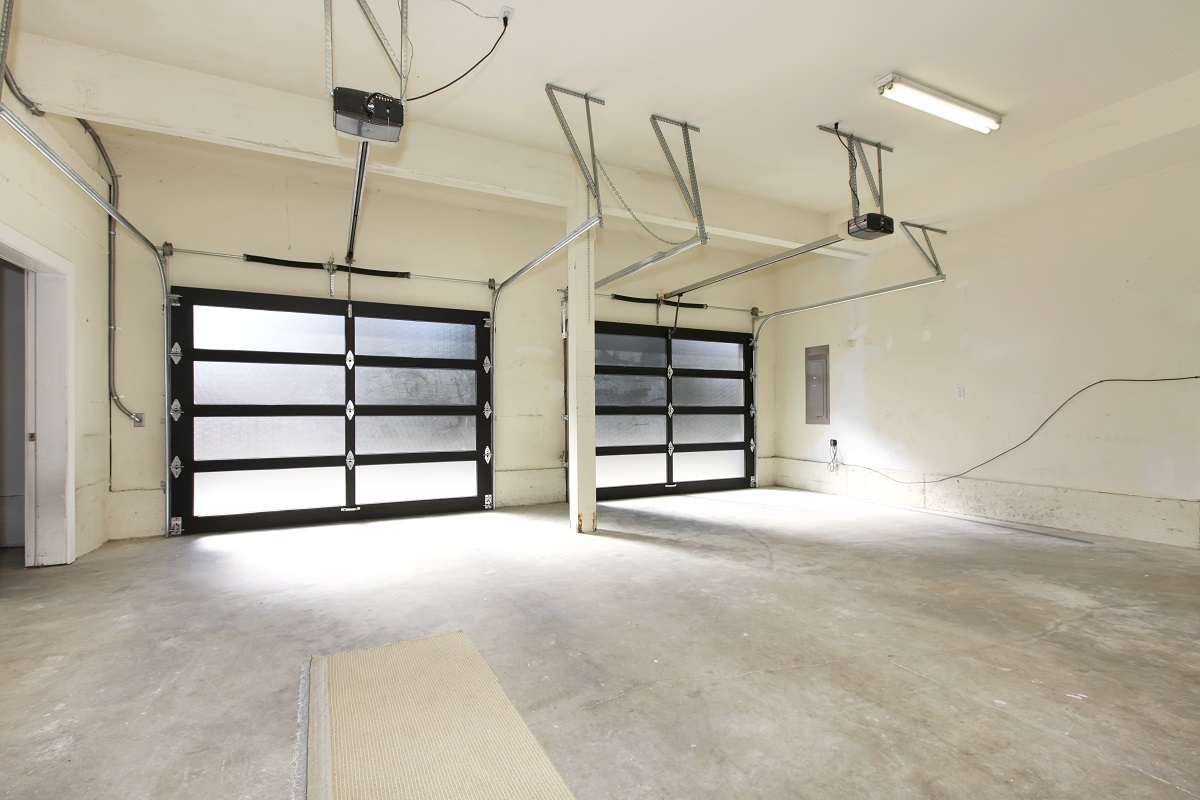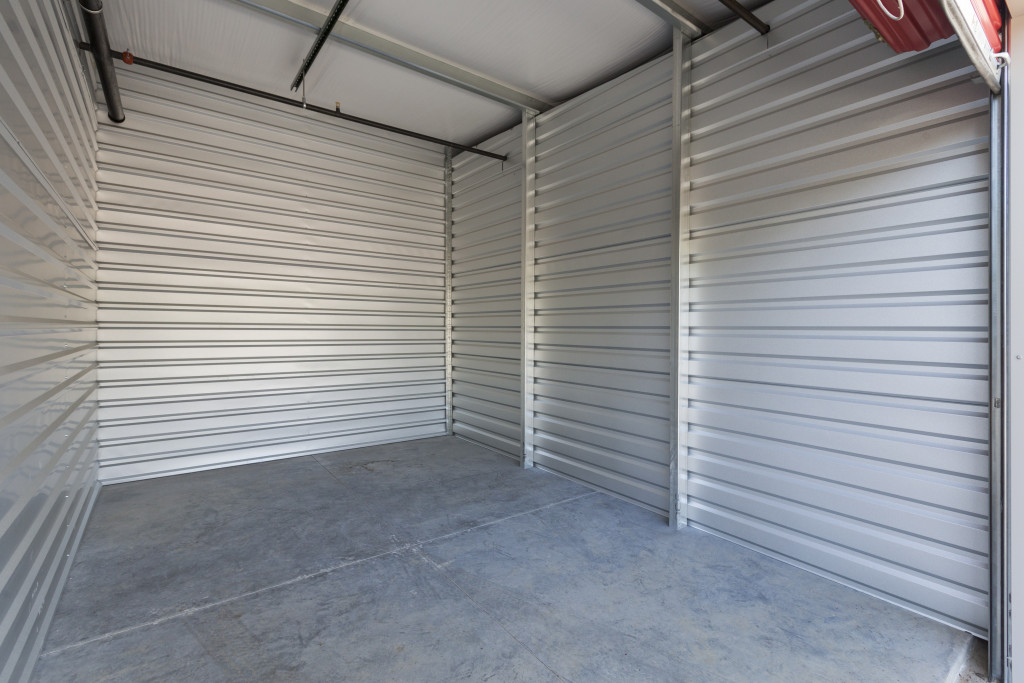Disclaimer: This website provides health information for educational purposes only and is not a substitute for professional medical advice, diagnosis, or treatment. Always seek the guidance of a qualified healthcare provider with any questions you may have.
Garages are functional spaces that protect your cars, stores supplies, and even double as an extra room for the house (though you need to convert it to be more habitable). But it’s not always the safest place to be. Accidents happen, and they can be nasty.
1. Slips and Falls
Slips and falls are some of the most common garage injuries. They can occur when you’re walking in the space, when you’re getting something out of a shelf or cabinet, or when you’re working on your car.
Here, you encounter sticky fluids, small objects, and tools that can easily cause you to lose your balance. And if you’re working on your car, you might be under it or near a moving part that can easily cause an accident.
Slips and falls can lead to minor injuries like sprains or muscle strains or something more severe, like a fracture, concussion, traumatic brain injury, or even death.
Solutions:
- Be aware of your surroundings and take your time walking through the garage.
- Avoid carrying things that might cause you to lose your balance.
- Use a spotter who can help you stay safe if you’re working on your car.
- Consider a roller door service to automate the garage doors.
2. Cuts and Lacerations
Accidents happen when you’re working with tools, and some of those pieces of equipment can be dangerous. Being hit by a falling wood or metal object, tripping and landing on a broken glass bottle, and even getting cut by sharp objects like knives are common ways to sustain cuts and lacerations.
Being injured can cause heavy bleeding or blood loss. Open wounds are also prone to infections, some of which can be life-threatening, like sepsis.
Solutions:
- Be mindful of what you’re doing when you’re working with tools.
- Organize the work area to minimize clutter.
- Wear protective gear like gloves, goggles, and a mask.
- Use tools according to their purpose only.
- Maintain the quality of the equipment.
3. Amputations
Accidents involving machines, such as table saws and power tools, can cause amputations. Getting your hand or fingers caught in a moving part like blades or grinders–or even when two objects collide, and one cuts off the other (like when you’re working with wood)–can lead to having part of your hand chopped off.

Amputations are serious injuries that can lead to long-term disability or even death. If you have an accident and lose a limb, you’ll need to undergo extensive rehabilitation and might not be able to return to work.
Solutions:
- Be extremely careful when using machines.
- Keep the work area clean and organized.
- Ensure you know how to use the equipment correctly.
- Wear protective gear like gloves, goggles, and a mask.
- Check the equipment for damage before use.
- Don’t work when you’re exhausted.
4. Burns
You can sustain burns even when you’re not in the kitchen. Garages can scorch the skin in many ways. These include walking on a hot surface, such as a rubber or concrete floor, spilling chemicals into your skin or eyes, coming in contact with an open flame, and even static electricity.
Burns can range from first-degree (superficial) to third-degree (severe). First-degree burns are the most common and cause redness, pain, and swelling. Second-degree burns also cause blistering and skin loss. Third-degree burns go all the way to the muscle and bone tissue. In many cases, burns can lead to long-term damage like permanent scarring, nerve damage, or chronic pain.
Solutions:
- Protect yourself from coming in contact with a hot surface. You can do this by wearing hard shoes when walking through the garage.
- Be aware of what’s in the garage, especially if you’re using chemicals.
- Check that all equipment is properly installed and grounded before use.
- Extinguish open flames before leaving the room or before working on your car.
- Be careful with cords and wiring under the hood of your car, as these can lead to sparks and even fire.
5. Vehicle Exhaust and Carbon Monoxide Poisoning
Garages seem like a safe place to work on your car, free from exposure to harmful chemicals and exhaust pipes. However, carbon monoxide is very colorless and odorless. You might not know it’s in the air until you’ve already been exposed. Many people don’t realize they’ve been poisoned until it’s too late.
Symptoms of carbon monoxide poisoning include headache, dizziness, nausea, and vomiting. When severe, it can lead to loss of consciousness and death.
Solutions:
- Never work on your car in an enclosed space like a garage without proper ventilation.
- Install a carbon monoxide detector in the garage.
- Make sure your car is properly tuned and maintained so that it doesn’t produce excessive exhaust fumes.
- If you start feeling sick while working on your car, get out of the garage and call for help.
Accidents can happen in garages, but you can do something to minimize or avoid them as much as you can.




